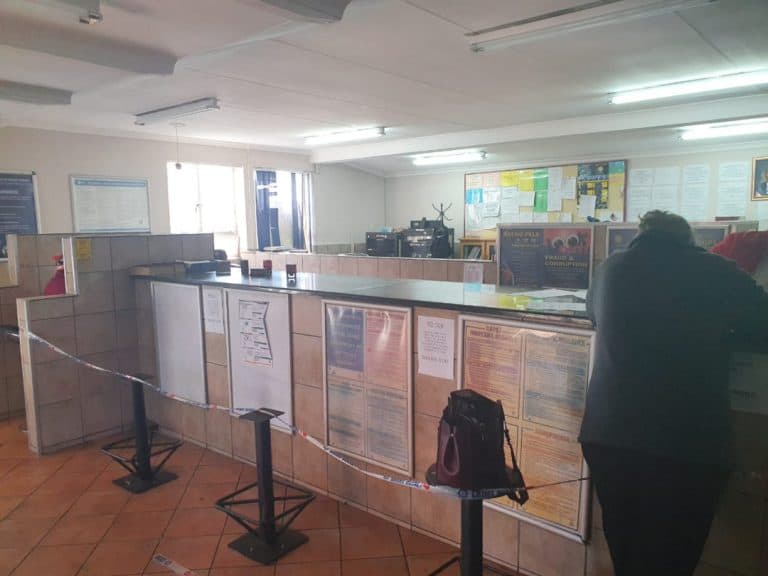AfriForum makes oral submission on the BELA Bill to Parliamentary Portfolio Committee
Late yesterday afternoon (15 November), AfriForum made an oral submission on the Basic Education Acts Amendment Bill (the so-called BELA Bill) to the Parliamentary Portfolio Committee on Basic Education. This happened in addition to the extensive comments that were submitted to this committee in June this year.
Eight other organisations joined AfriForum to make submissions, namely the Pestalozzi Trust, FEDSAS, SADTU, Section 27, Cause for Justice, Centre for Child Law, SAIRR and COSATU. Widely diverse views were expressed, but the majority of representatives of these organisations expressed concerns about the constitutionality of certain amendments proposed in the bill.
AfriForum’s position that Afrikaans mother-language education is seriously under threat from the Bill was attacked by some of those present as being an attempt to exclude learners on the basis of race. It was pointed out to them by AfriForum that the former Model C schools are among the most transformed schools in the country and that the minority of Afrikaans speakers are white, which proves that race does not play a role. Furthermore, there is sufficient national and provincial legislation in place to ensure that learners cannot be turned away from schools without good reason. The state is therefore able to oppose such alleged discrimination at any time. Unfortunately, this accusatory generalisation is often made without any examples or evidence.
In the presentation, Alana Bailey, AfriForum’s Head of Cultural Affairs, reiterated that the expansion of public schools’ mother-language tuition offer, addressing the 80% dysfunctional schools in the country and the creation of more quality infrastructure are the solutions to the placement crisis in the country, and not to place more children in the few remaining Afrikaans-medium schools. “With more than thirty children in a class and with teaching by means of a second or third language, there is no chance of maintaining quality education,” Bailey declared.
Most of the amendments that AfriForum expressed concerns about have to do with the increasing centralisation of power in the hands of the state and the consequent disempowerment of school governing bodies. This includes final decision-making on schools’ admissions policy, language policy and even the procurement of learning and teaching materials. AfriForum has requested that the amendment bill should be rejected in its current form and should be comprehensively revised.
According to the Chairperson of the committee, the next step is that a public consultation process on the bill will take place nationwide at the beginning of 2023. AfriForum requests the public to keep an eye out for the invitations to these sessions and to participate in the process, in order that the danger posed by the bill for quality mother-language education can be averted.









